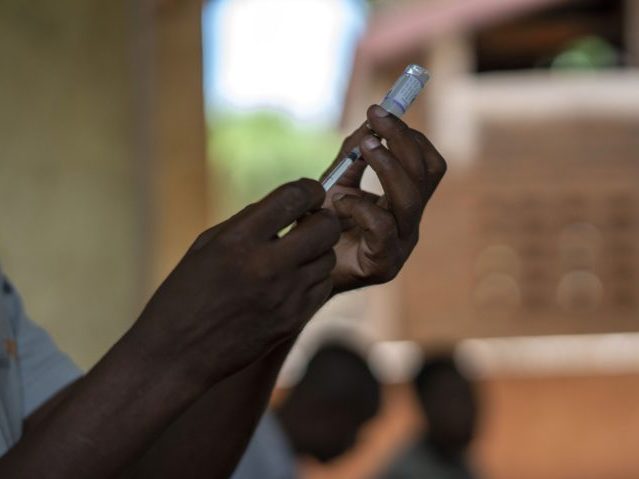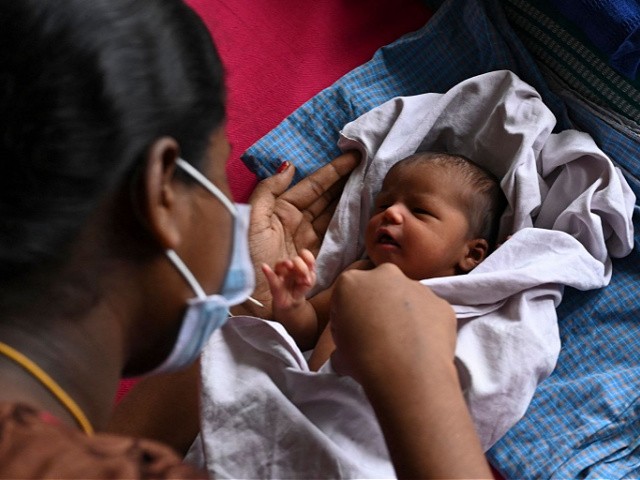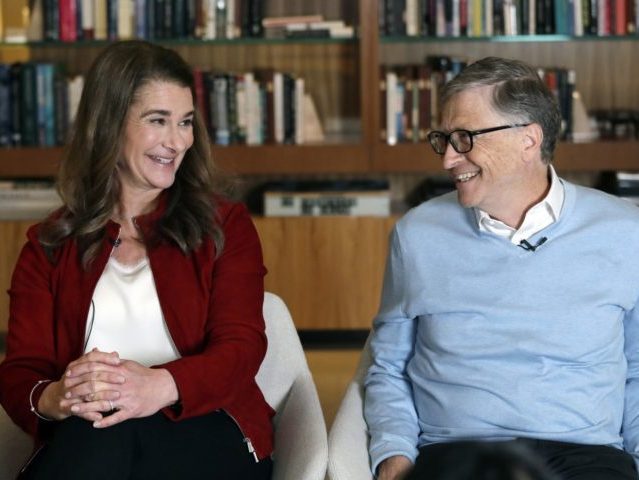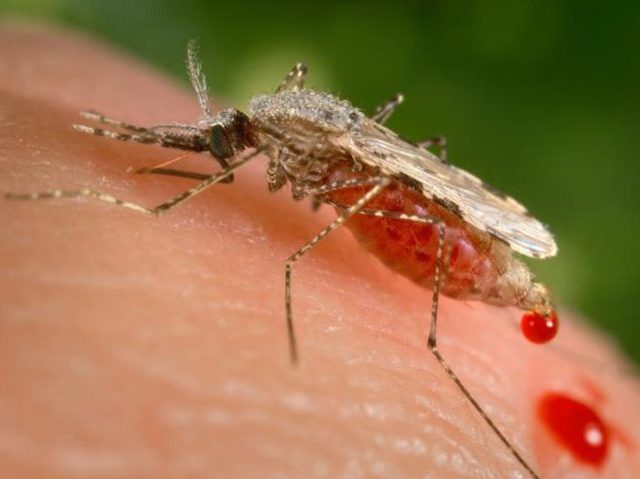The World Health Organization (W.H.O.) recommended widespread use of the world’s first W.H.O.-approved malaria vaccine on Wednesday, advising that it be administered to children across sub-Saharan Africa.
“The recommendation is based on results from an ongoing pilot programme in Ghana, Kenya, and Malawi,” the United Nations (U.N.) health body revealed in a press release issued October 6.
“More than 800,000 children have received at least one dose” of the malaria vaccine through the pilot program since 2019, the BBC reported October 7.
“Malaria remains a primary cause of childhood illness and death in sub-Saharan Africa. More than 260,000 African children under the age of five die from malaria annually,” according to the W.H.O.

In this file photo taken December 11, 2019, health officials prepare to vaccinate residents of the Malawi village of Tomali, where young children become test subjects for the world’s first vaccine against malaria. (AP Photo/Jerome Delay, File)
Malaria is the most common — and deadliest — parasite in Africa. It is transmitted to humans via mosquito bites and reproduces by invading and destroying human blood cells. The new malaria vaccine specifically targets Plasmodium falciparum, which is the deadliest species of Plasmodium that causes malaria in humans.
“It tries to deal with the form of the parasite which enters the victim’s blood shortly after being bitten, by partially blocking access into human cells and therefore preventing disease,” Pedro L. Alonso, director of the W.H.O.’s Global Malaria Program, told the BBC on Thursday.
The vaccine requires “four doses to be effective,” according to Alonso. “The first three are given a month apart at the age of five, six, and seven months, and a final booster is needed at around 18 months.”
The W.H.O.-approved malaria vaccine has a “relatively low” efficacy rate of 40 percent, the BBC revealed.

A woman, suffering from malaria, rests on her families bed inside the Povoado slum on January 27, 2020 in Luanda, Angola. (Luke Dray/Getty Images)
“The vaccine was proven effective six years ago, preventing 40 percent of malaria cases and 30 percent of severe cases,” according to the British broadcaster.
GlaxoSmithKline (GSK), a U.K.-based multinational pharmaceutical giant, developed the new malaria vaccine, known as “RTS,S.”
“The international funding community has to now discuss and then decide how to procure the vaccine,” GSK’s chief global health officer, Thomas Breuer, told the BBC.
Breuer added that GSK has “pledged to supply the doses at the manufacturing cost plus 5 percent,” though he did not specify the vaccine’s price.
GSK has partnered with India’s Bharat Biotech to manufacture RTS,S, Fortune reported October 7. Bharat Biotech is a multinational biotech company best known to date for producing India’s first state-made Chinese coronavirus vaccine, known as Covaxin.

A mother, with her newborn baby, waits with other new mothers to get inoculated with a dose of the Covaxine coronavirus vaccine at a government children’s hospital in Chennai on June 16, 2021. (Arun Sankar/AFP via Getty Images)
GSK donated 10 million doses of RTS,S for the 2019 pilot study. So far, 25 percent of those doses have been administered. The pharmaceutical giant has since committed to providing 15 million doses of the malaria vaccine annually.
“If the money is found then they could start being available for wider use from the end of 2022 or early 2023,” Breuer told the BBC on Thursday.
Financing for the RTS,S pilot program in Kenya, Malawi, and Ghana was “mobilized through an unprecedented collaboration among three key global health funding bodies: Gavi, the Vaccine Alliance; the Global Fund to Fight AIDS, Tuberculosis and Malaria; and Unitaid,” the W.H.O. reported October 6.
The official websites of Gavi, the Global Fund, and Unitaid reveal that all three entities are heavily funded by the Bill and Melinda Gates Foundation.
“Gavi’s impact draws on the strengths of its core partners, the World Health Organization, UNICEF, the World Bank and the Bill & Melinda Gates Foundation,” according to the public-private health alliance.

In this February 1, 2019, file photo, Bill and Melinda Gates smile at each other during an interview in Kirkland, Washington. (AP Photo/Elaine Thompson, File)
“Unitaid’s main donors are France, the United Kingdom, Norway, the Bill & Melinda Gates Foundation, Brazil, Spain, the Republic of Korea, and Chile,” the global health initiative states.
“The Gates Foundation has contributed US$2.5 billion to the Global Fund to date, and pledged US$760 million for the Global Fund’s Sixth Replenishment, covering 2020-2022,” the international financing organization writes.

COMMENTS
Please let us know if you're having issues with commenting.